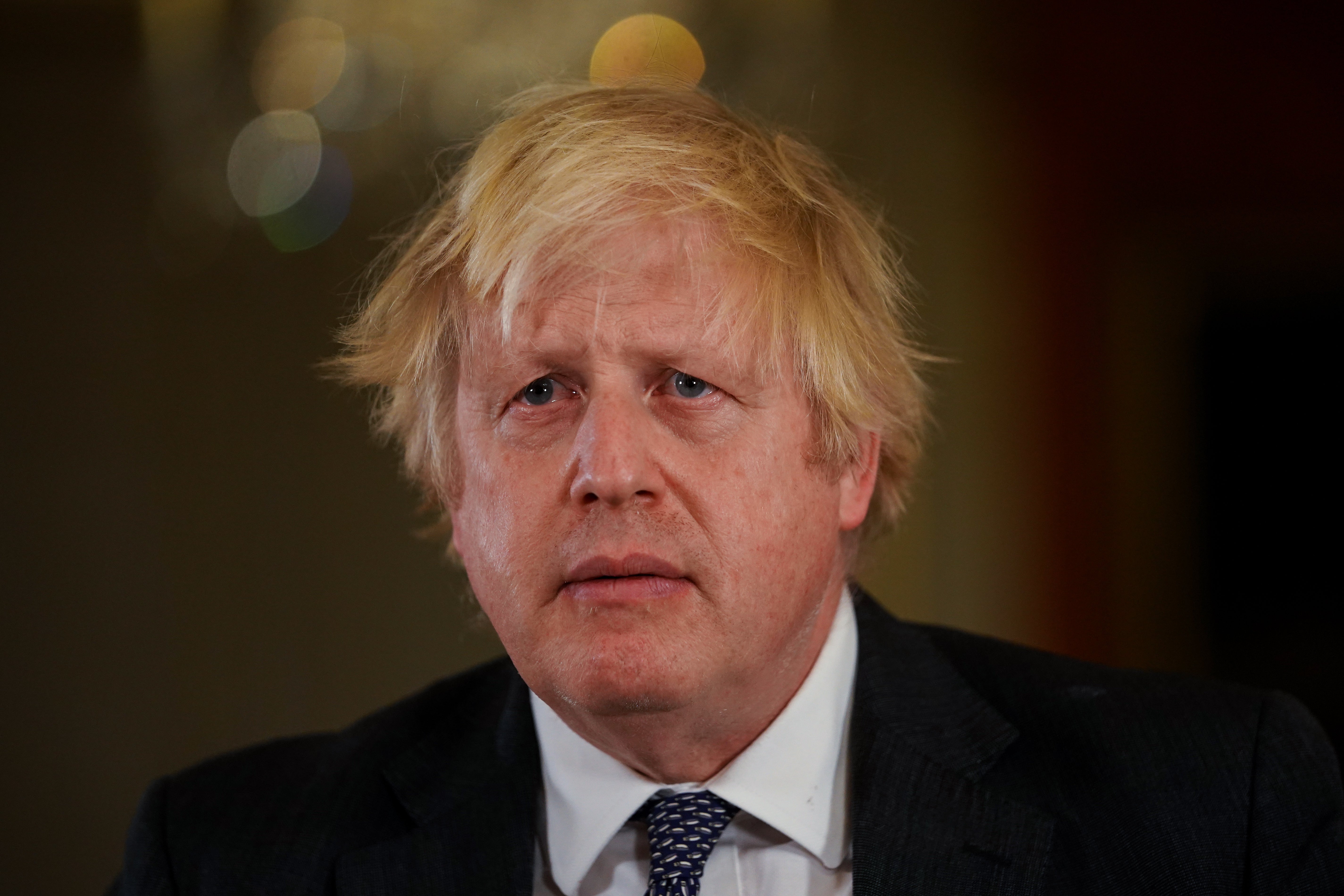Boris Johnson neglecting national security with ‘relaxed approach’ to threats, MPs and peers warn
Cross-party parliamentary committee ‘profoundly concerned’

Your support helps us to tell the story
From reproductive rights to climate change to Big Tech, The Independent is on the ground when the story is developing. Whether it's investigating the financials of Elon Musk's pro-Trump PAC or producing our latest documentary, 'The A Word', which shines a light on the American women fighting for reproductive rights, we know how important it is to parse out the facts from the messaging.
At such a critical moment in US history, we need reporters on the ground. Your donation allows us to keep sending journalists to speak to both sides of the story.
The Independent is trusted by Americans across the entire political spectrum. And unlike many other quality news outlets, we choose not to lock Americans out of our reporting and analysis with paywalls. We believe quality journalism should be available to everyone, paid for by those who can afford it.
Your support makes all the difference.Boris Johnson has been accused of neglecting vital national security issues facing the UK by a committee of senior MPs and peers.
Politicians on the Joint Committee on the National Security Strategy (JCNSS) told the prime minister they were “profoundly concerned about what appears to be a more relaxed approach to national security”.
In a stinging letter to Mr Johnson, chair Dame Margaret Beckett said she was troubled by a significant reduction in the prime minister’s personal engagement with his own National Security Council (NSC).
The Labour MP urged the PM to “increase the frequency of your attendance at the NSC” by chairing it at least once per fortnight, and asked him to start “leading by example” when it comes to reviewing Britain’s recent pull-out from Afghanistan.
The committee cited the “chaotic withdrawal” from Afghanistan – along with the lack of planning for the Covid pandemic – as evidence that the government was failing to take security threats seriously enough.
The chair’s letter also said the recent reports that the Foreign, Commonwealth and Development Office (FCDO) was planning to cut staff numbers were “simply staggering”, given the government’s stated ambitions for a “global Britain”.
The committee was struck by the “apparent complacency and lack of urgency within government in the wake of the disastrous experience” for the UK and its allies in Afghanistan, the chair wrote.
Dame Margaret said the messy withdrawal had exposed the NSC’s failure to direct coherent plans for crises like the rapid Taliban takeover. She also described the delay in setting up the Afghan Citizen Resettlement Scheme by the Home Office as “unforgivable”.
She wrote: “We are deeply troubled by the persistent signs that our nation’s security is no longer a priority for the government … This is a wholly unsatisfactory state of affairs that requires your personal attention to remedy.”
The warning comes as Mr Johnson spoke to Ukrainian president Volodymyr Zelenskyy on Friday afternoon about build-up of Russian forces on Ukraine’s border.
No 10 said the PM had “underlined that the UK will use all its diplomatic and economic powers, in concert with allies, to prevent any Russian aggression towards Ukraine”.
Earlier this week the prime minister dismissed claims of staff cuts of 10 per cent at the Foreign Office as “fake news”.
An email to FDCO staff, passed to the i newspaper, stated: “We are planning on the basis of just under a 10 per cent reduction in our overall workforce size by March 2025.”
Junior FDCO minister James Cleverly told MPs “there will not be a 10 per cent staff cut” but declined to say what reduction will be imposed.
Questioned on the email, Mr Cleverly said: “Internal work has taken place that has not been signed off by ministers,” adding: “Ministers will make the final decisions on workforce changes in the spring.”
Join our commenting forum
Join thought-provoking conversations, follow other Independent readers and see their replies
Comments